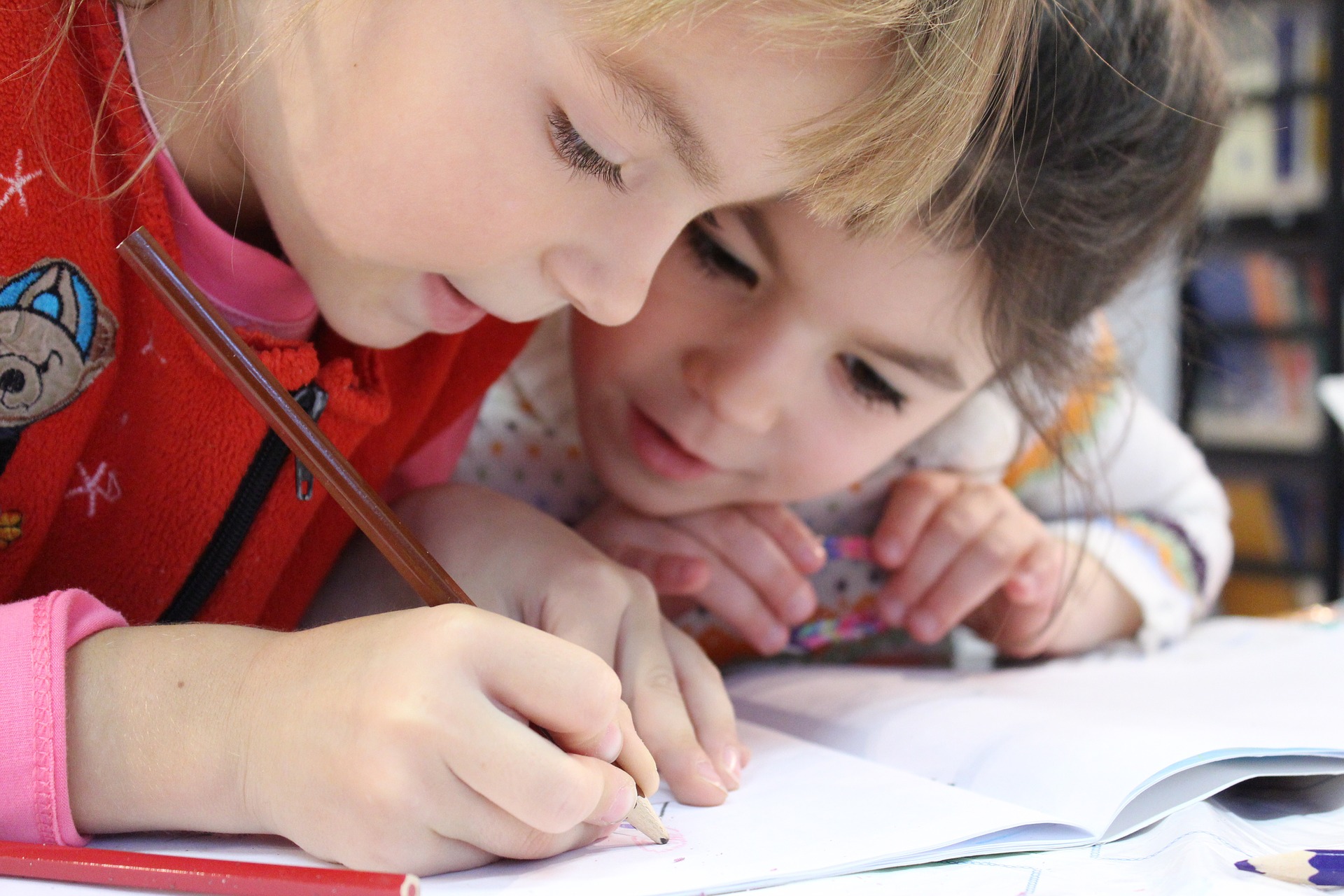Every year, thousands of Australian parents face a difficult decision: should they send their child to school or delay until the following year?
A new study of more than 100,000 children is the largest ever to examine who how a child’s age when they start school relates to their ‘readiness’ in terms of development.
One in four families delay school entry until the year their child turns six – with striking geographical and social variation, a study of more than 100,000 NSW Kindergarten children has found.
The data also indicates a strong relationship between age and developmental skills in the first year of school.
This is the first time that the magnitude of this relationship has been quantified in the Australian context.
The analysis of the unique dataset, led by Dr Mark Hanly at UNSW Medicine’s Centre for Big Data Research in Health, was published today in academic journal Early Childhood Research Quarterly.
The team found that one in four children delayed school entry – almost half of the January-July born children who were eligible to do so. T
here were striking geographical and social variation in the families who opted to delay.
“Boys, younger children, and children from relatively advantaged families and neighbourhoods – particularly in Sydney – were more likely to delay,” says study director Dr Kathleen Falster, of UNSW and the Australian National University.
“This might be because parents and teachers believe that boys and younger children are often less school-ready – but delaying school entry can come at an additional cost for families, especially if the alternative is expensive childcare.”
The researchers also quantified the relationship between school starting age and early childhood development, and found a strong link between age and developmental skills in the first year of school.
Children born August to December have no choice about when to start school, so new starters with these birth dates are ideal to study how age is linked to development.
“When we compared their developmental data there was a clear trend: outcomes improved with each additional month of age,” says study lead Dr Mark Hanly.
“Month-on-month these differences are quite small, there’s not a big gap between August-born children and September-born children, for example. However, accumulated over a full year, these differences add up, and unsurprisingly there is quite a large development gap between 41⁄2 year-olds and 6 year-olds.”
“What the data really show us is that, on average, children who start school in the year they turn six are more likely to have developed the skills and competencies needed to thrive in a formal learning environment, compared with their younger peers who start school in the year they turn five.”
While the study makes no policy recommendation, it is highly relevant to the ongoing debate about school enrolment policies – and the potential impact of those policies on children’s readiness for school, as well as classroom composition.
“One policy option is to raise the enrolment age to remove the most developmentally vulnerable children from the schooling environment – which would also narrow the gap between the youngest and oldest children in a classroom,” says Associate Professor Ben Edwards from the Australian National University, early childhood education expert and co-author on the study.
However, there’s unknown long-term consequences of school starting age policies, and a more solid evidence base is needed, the researchers say.
“For example, raising the school starting age may place added pressure on families to provide pre- school care, or restrict work-force participation for parents. A later start to school may also have long- run effects on the age that young adults enter the workforce,” A/Prof Edwards says.
The research team included academics from UNSW, the Australian National University, the Murdoch Children’s Research Institute, University of Melbourne, and the Australian Catholic University.










